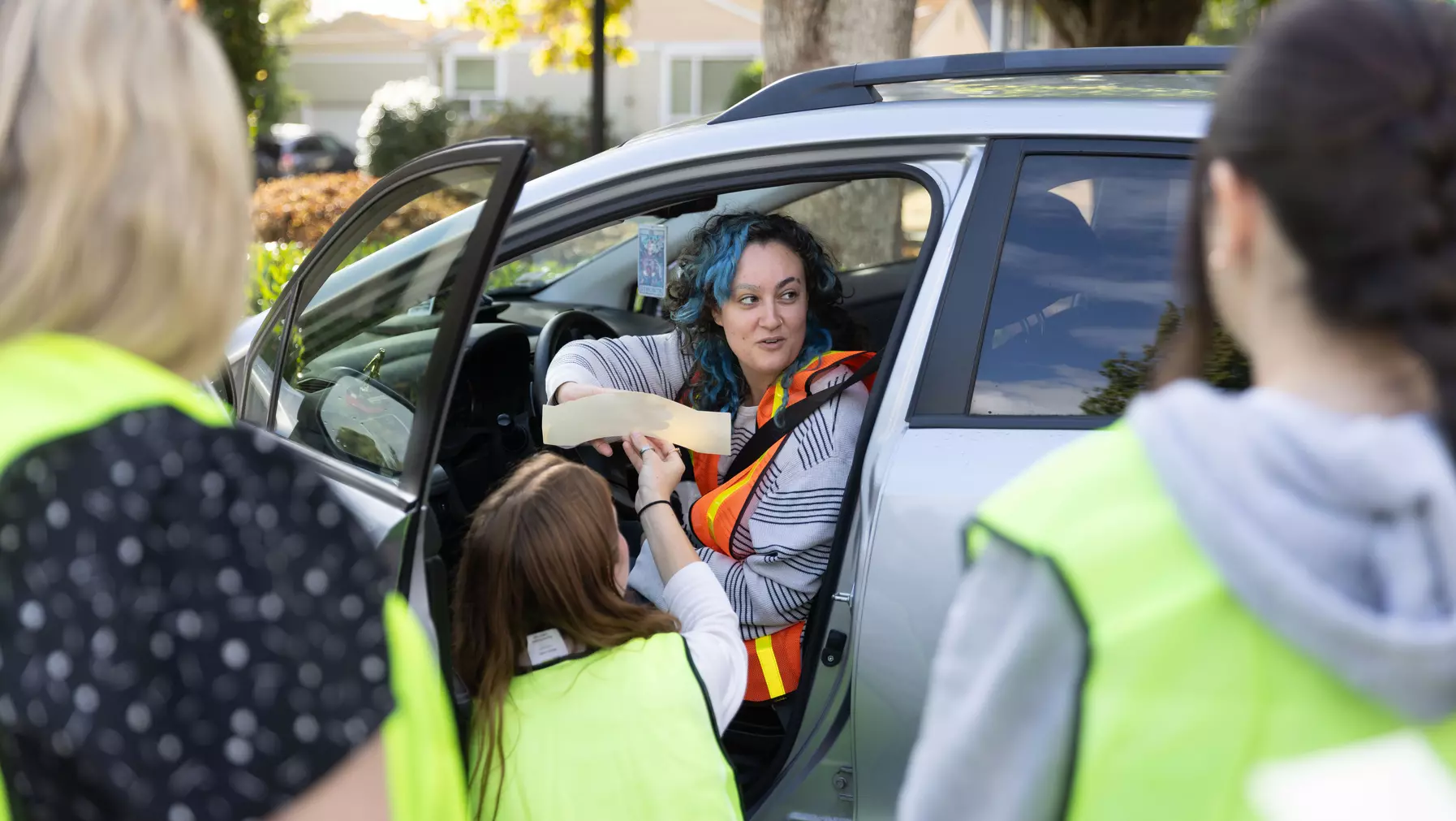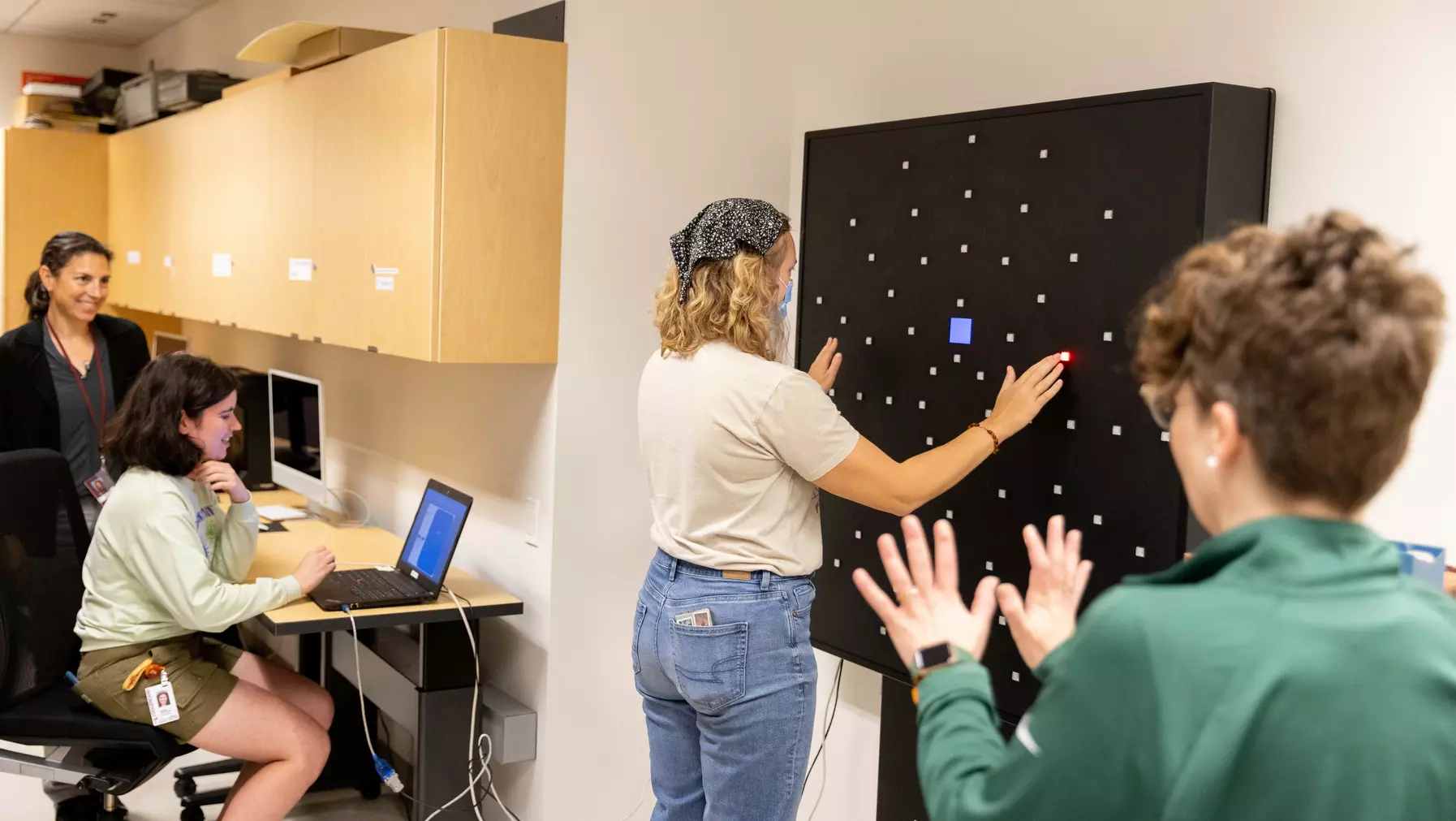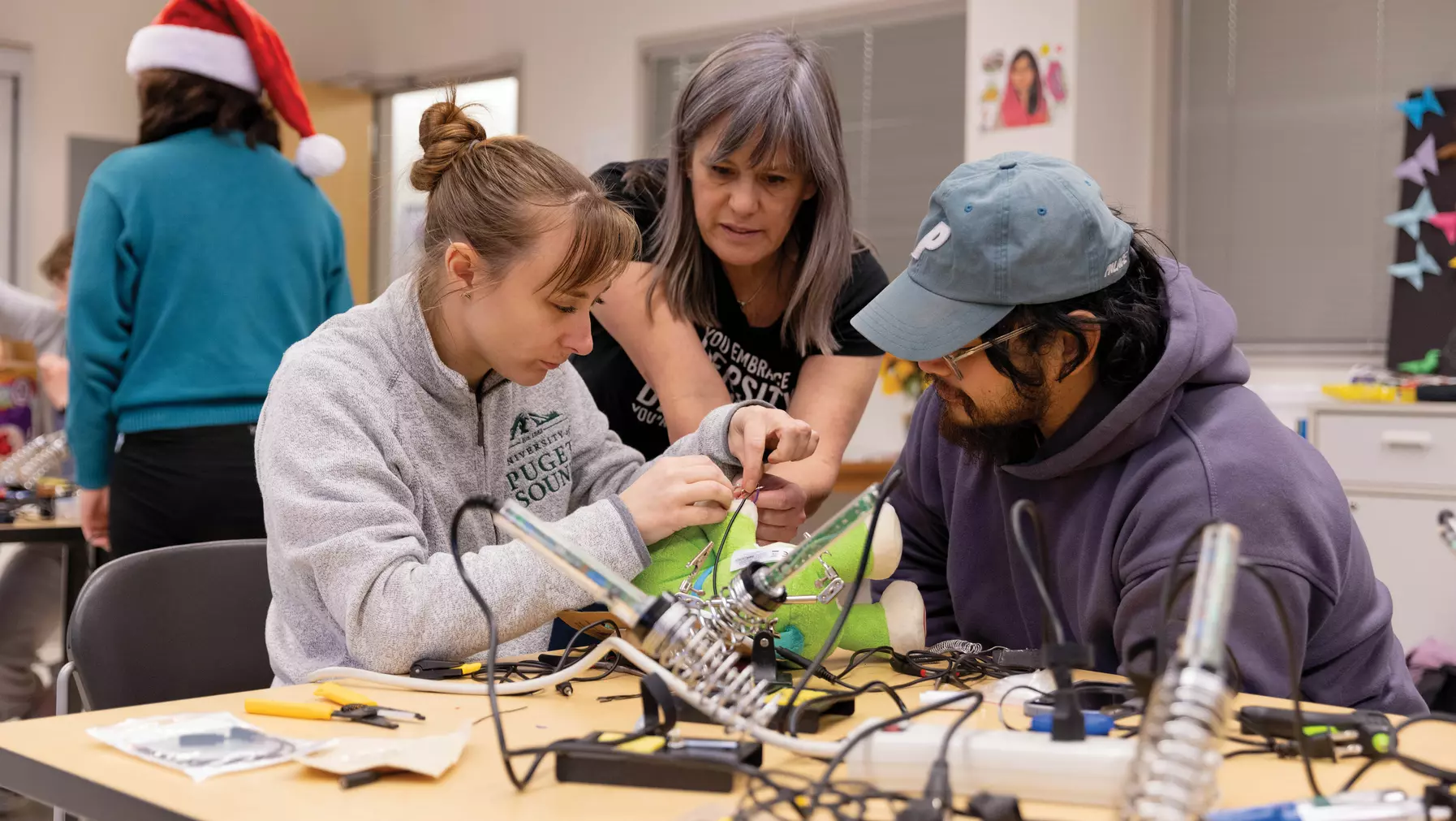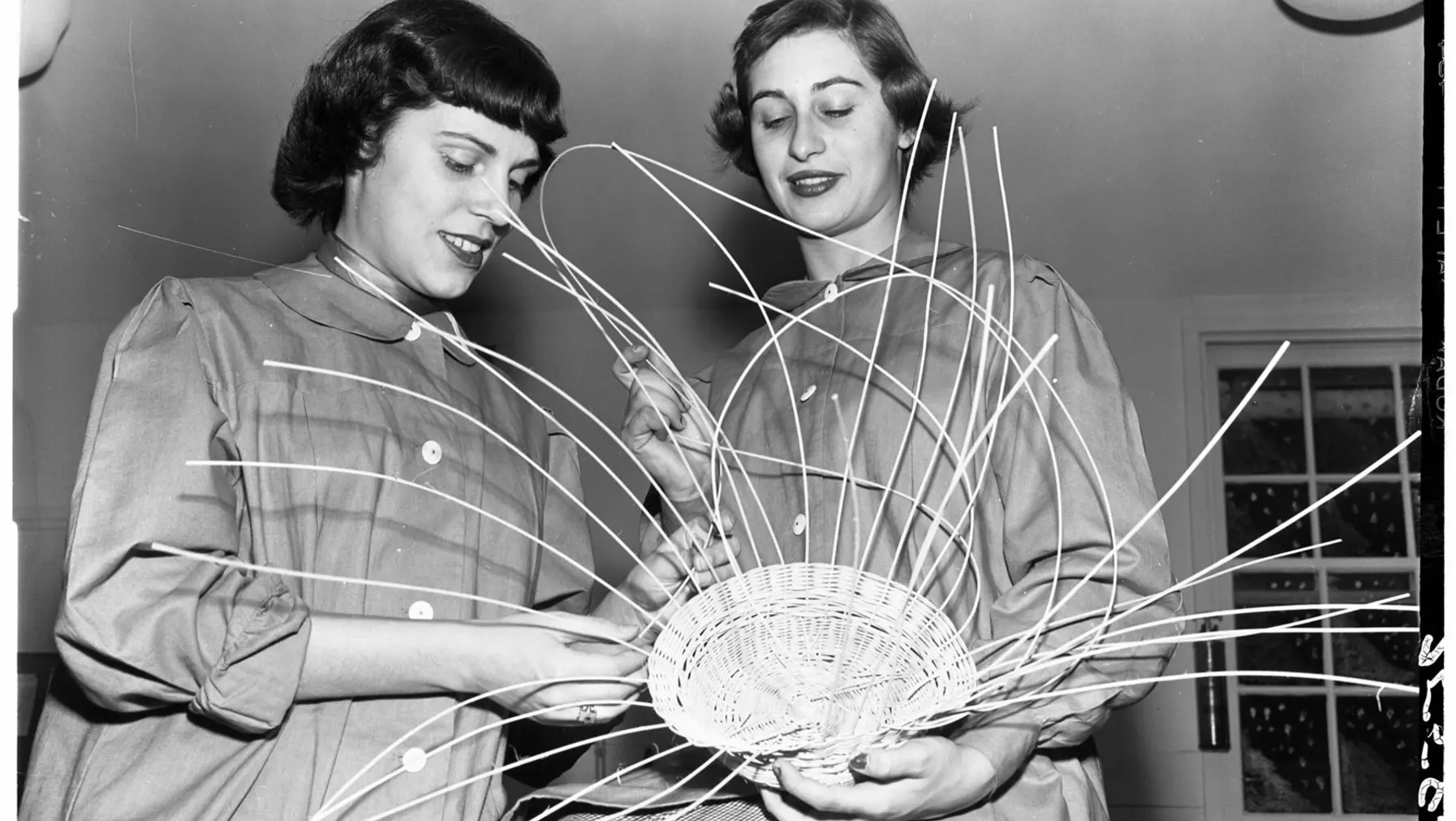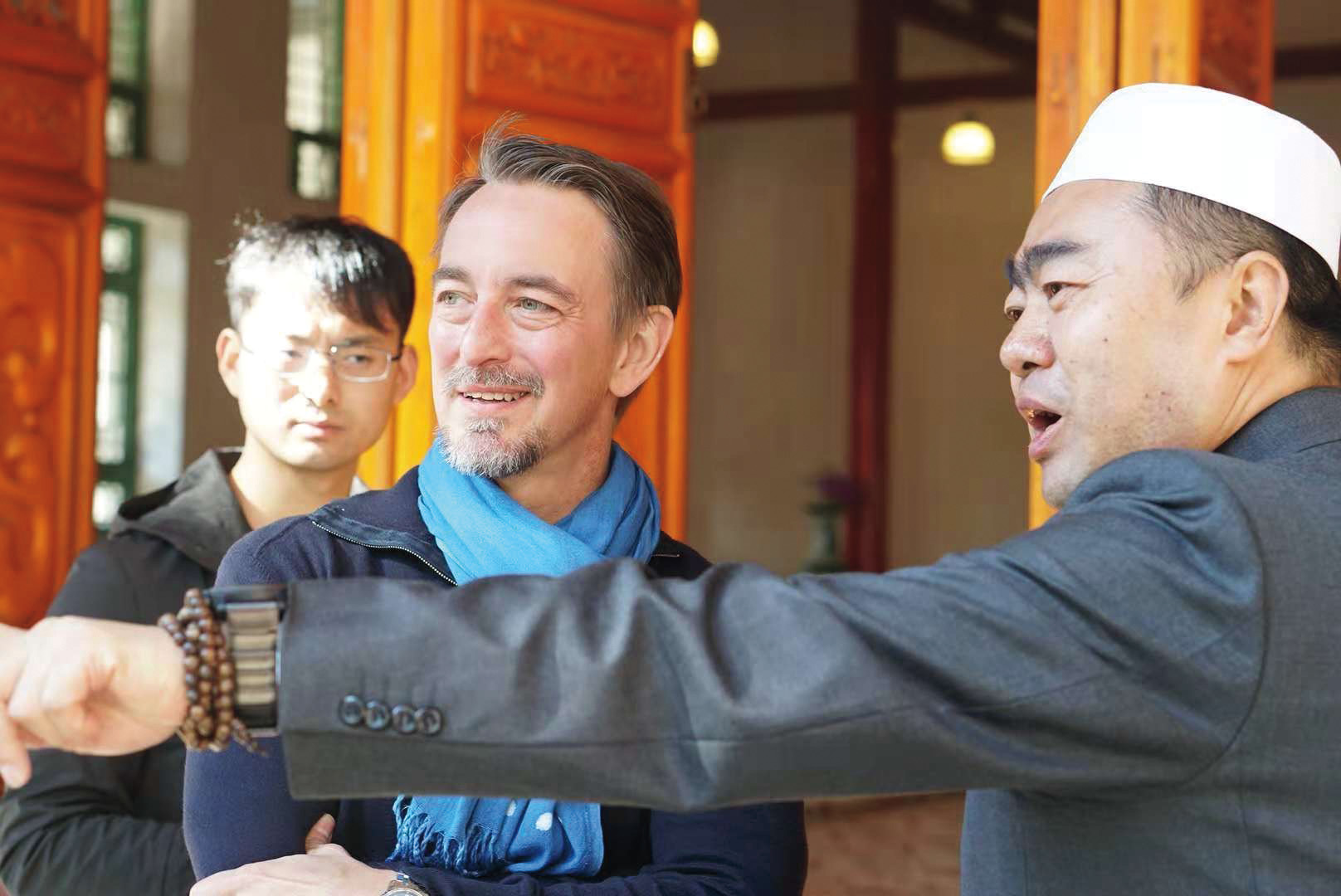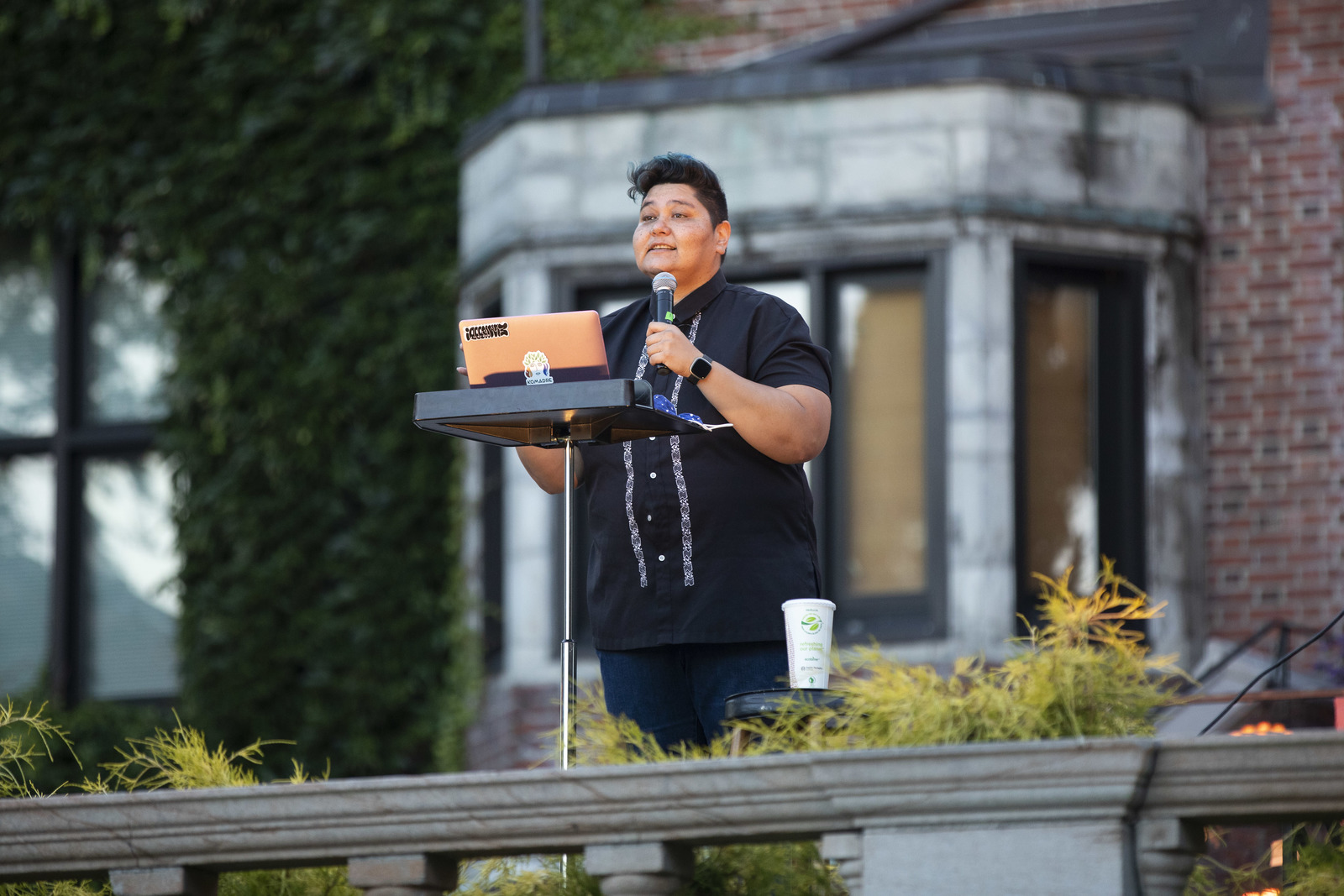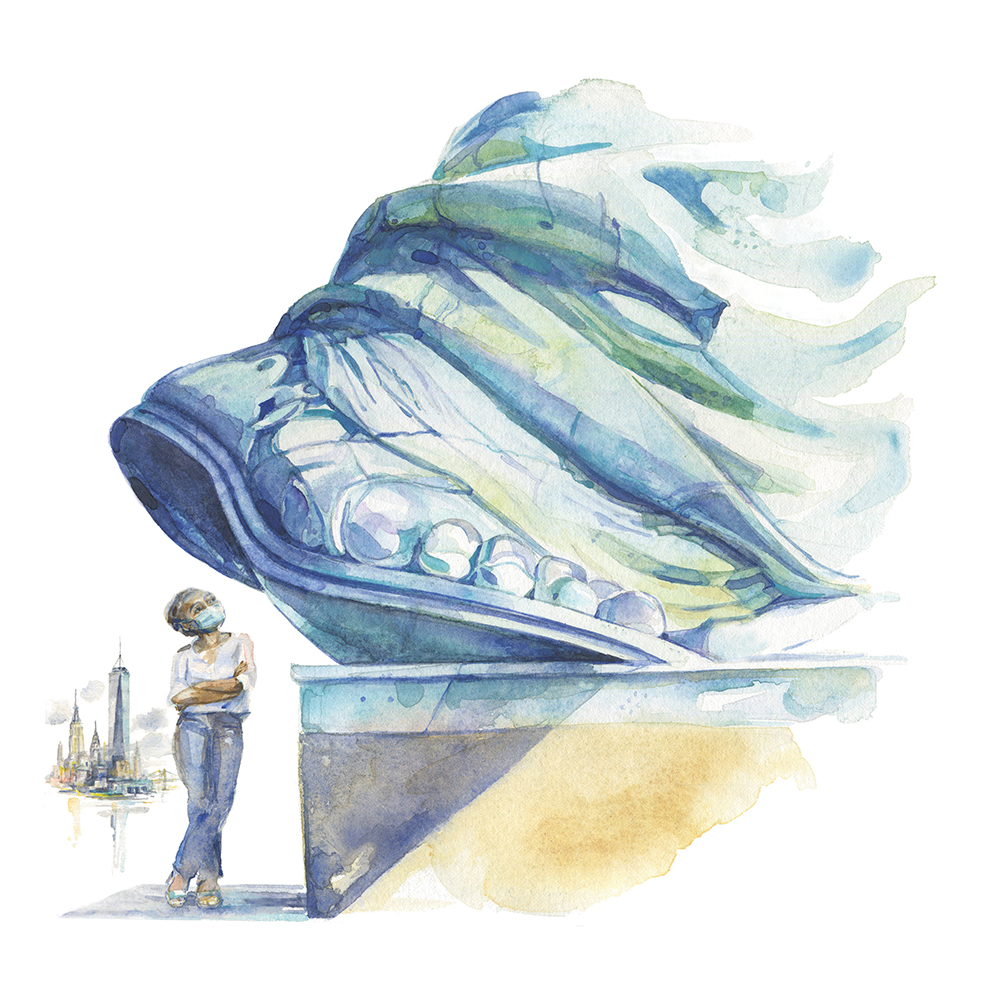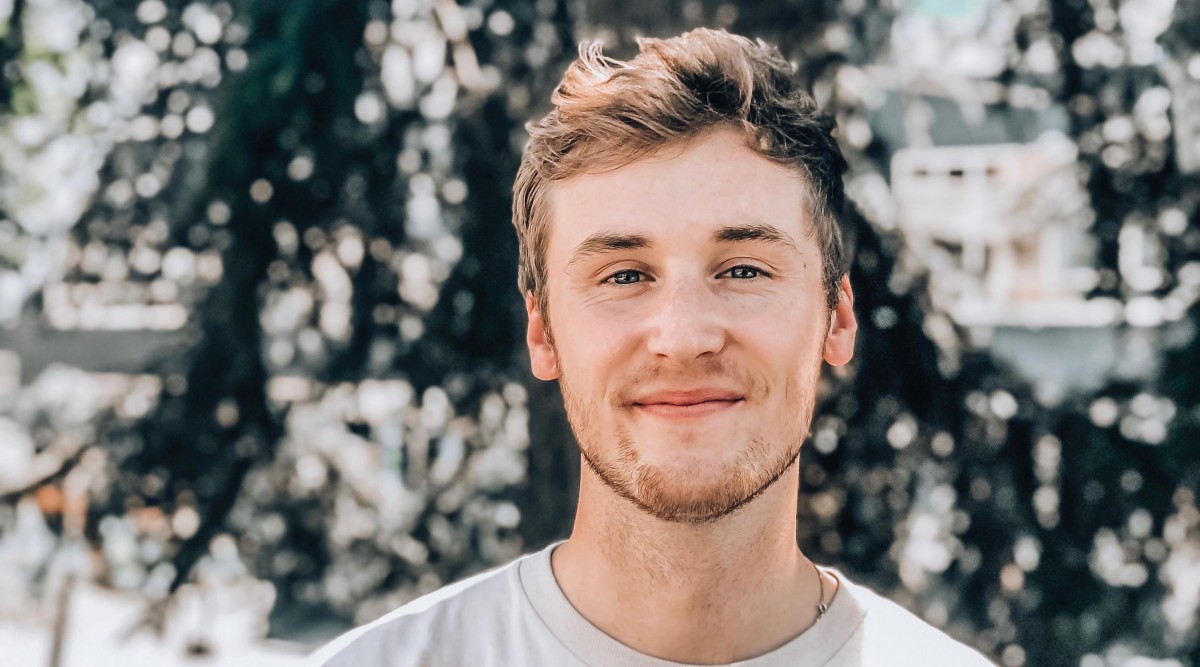In marking the program’s 80th anniversary, School of Occupational Therapy colleagues reflect on the innovative program and how its ongoing cultivation of core values has kept it at the forefront of the field.
One of the fondest memories that George Tomlin ’82 had in supervising the pediatric clinic in the University of Puget Sound’s School of Occupational Therapy took place after OT students started working with a 7-year-old boy who was blind.
“He had come to the clinic and was afraid to move, or to do practically anything,” remembers Tomlin, an emeritus professor who taught in the program for 38 years before retiring in 2022. “But at the end of the semester, his mom came in to observe, and she was astounded. He was going through obstacle courses, crawling through nylon tunnels, and going up and over ladders—skills developed through the one-on-one intensive work twice a week with our students.”
As the School of Occupational Therapy marks its 80th anniversary this year, culminating with a celebration during Summer Reunion Weekend in June 2025, those who helped build it into a nationally recognized program are reflecting on its development over the decades. Some parts of the OT program have changed significantly, such as the classrooms that once were found in the pink barracks on the west end of campus that now have moved to the state-of-the-art Weyerhaeuser Hall. But core aspects of the program—a focus on hands-on learning, outstanding faculty, innovative curriculum development, and a commitment to clients—have remained constant.
The OT program was established in 1944 and was the first of its kind in the region. Today, it has more than 2,000 alumni and offers three programs: a master’s degree, a doctorate, and a post-professional doctorate. It is continually one of the top-ranked OT programs in the Pacific Northwest according to U.S. News & World Report (and in the top 15% across the country), and its commitment to the liberal arts and to experiential learning have distinguished it from the start.
“I always took pride in the program’s ability to implement liberal arts ideals,” says Tomlin. When students would go out into the community for fieldwork, supervisors would tell him the students were “not afraid to put their hands on patients, could think on their feet, and were excellent writers,” Tomlin recalls.
“That is exactly what we want to have—someone who can think critically, quickly, confidently; who can write clearly; and who has that confidence in interacting with people.”

